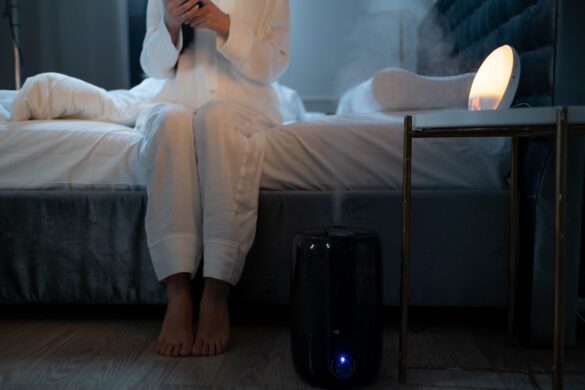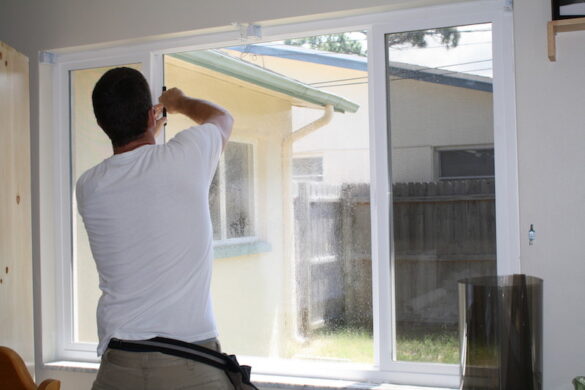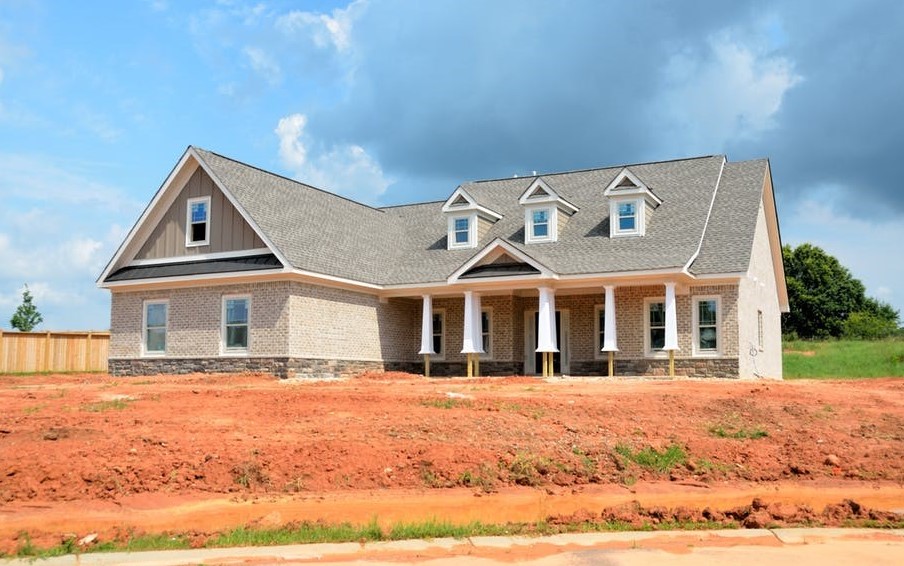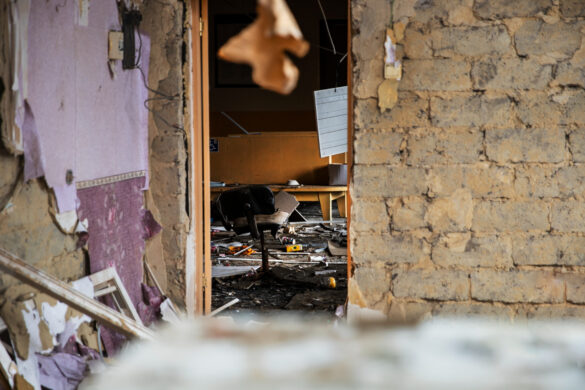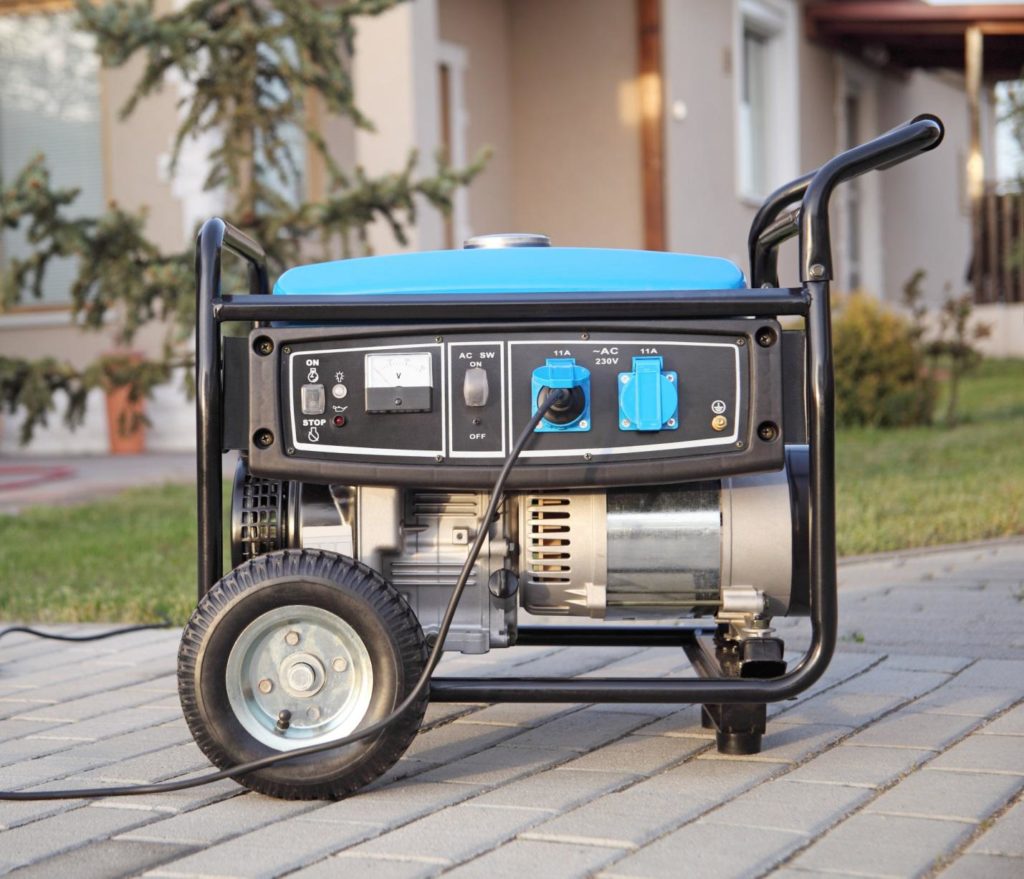
It could be a storm, blizzard, natural disaster or someone hitting a power pole with their car and your power goes out.
It could leave you stranded without heat or air conditioning. There’s now a countdown on the food in your refrigerator and freezer and the kids are already bored because there’s no Internet. What are you going to do?
You need the best home generator to keep your family safe and entertained when the power goes out. It could be hours, days or weeks before power is restored, depending on the situation.
What Type Is the Best Home Generator?
There are two types of generators to use for your home: portable and standby. Portable generators are smaller, less powerful, but can be taken and stored anywhere.
You can connect appliances and other items to the portable generator. They likely can’t power your entire home, but they can power the most important items such as the refrigerator, AC, etc. The cost is about $500-$1500 but it depends on the total power output.
Another benefit is they can be taken on camping trips or other outdoor excursions.
A standby generator is designed to be ready the moment your power goes out. Unlike a portable generator, the standby is fixed at the home and connected directly into your electrical system. It senses when the power is cut and starts automatically.
If you chose the right size, then it should be able to power most of your home, but it’s best to only use what you need. Once the power is turned back on, the generator shuts off and waits for the next outage.
Determine Your Power Needs First
Before you purchase portable generators for sale or a standby unit, you should decide how much power you’ll need. If you are using a portable generator, then go to each appliance and add up the total wattage they need and multiply it by two. It should be listed on the appliances.
You’ll also need heavy-duty extension cords to run from the appliance to the generator.
With a standby generator, you’ll want to estimate the total electrical needs for the home. The bigger the house, the more electricity it needs. You also need to take into account if it’s powering an AC or heater and if you want to provide electricity to the whole house or just certain outlets.
Considerations for Generators
Keep in mind the type of fuel you want your generator to take. Most portable generators are run by gasoline and standby generators are run off propane or natural gas. If there is a major disaster such as a hurricane or earthquake, then power can be out for weeks.
Have plenty of fuel on hand to fuel the generator and be prepared to get more. Also, there are solar-powered generators that would never run out of fuel, but they’re not usually as powerful as fossil fuel-powered generators.
Choose the Right One for You
The best home generator is the one that fits the needs of your home. Whether it portable or standby, do the research and find out what brand and size is best for your situation.
For more information about generators, please explore our site.
